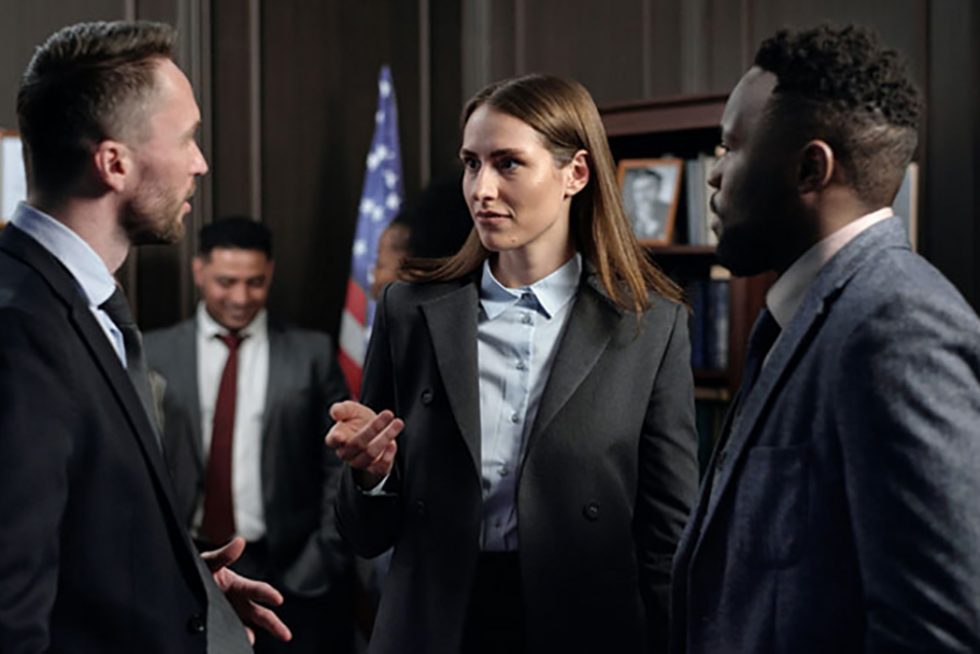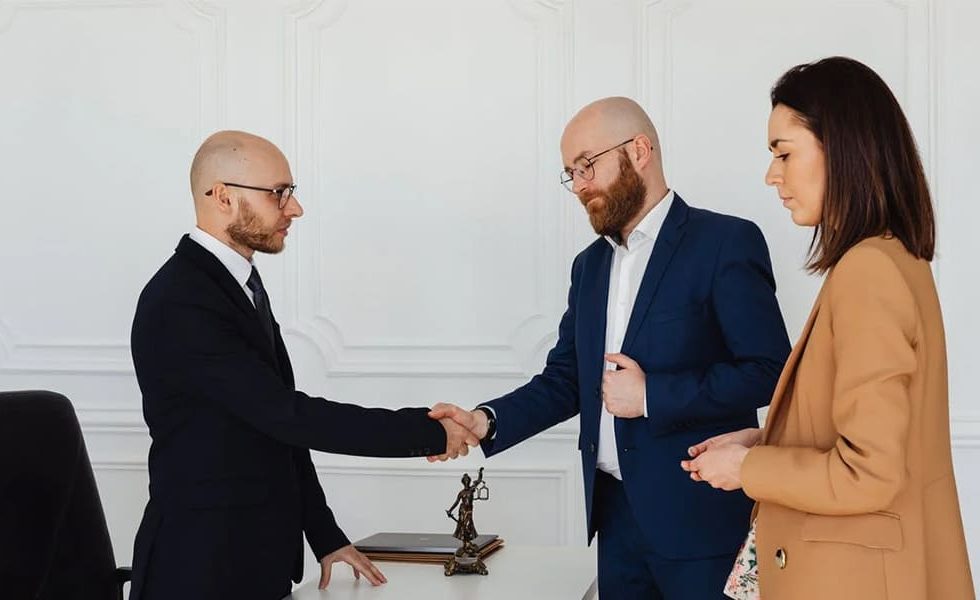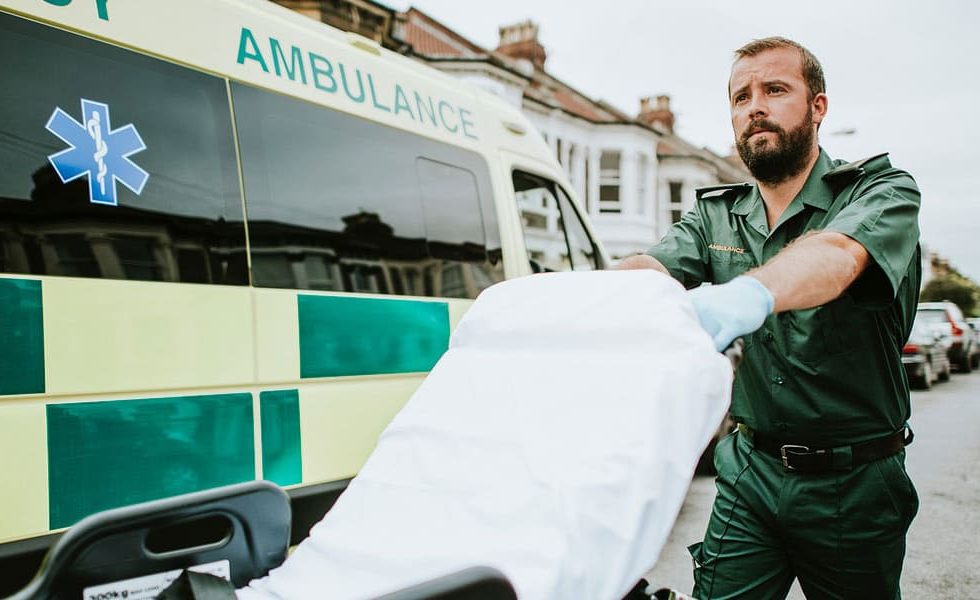Examinations for Discovery are one of the most important steps in a personal injury action. It is the first time you get to sit across from the lawyer representing the insurance company and tell your story. Not through medical reports or filled-out-forms, but in-the-flesh questions and answers about how the accident happened, your injuries, and how it has affected you.
Examinations for Discovery will also likely be the first time after the accident that you get to see the other driver who hit you. We encourage all of our clients to sit in when we examine the Tort Defendant, the driver who hit you.
The first reason is because many of our clients want to. After being rear-ended at a red light or t-boned on a green light, many of our clients can be left wondering why the other driver was so careless. Attending the Examination for Discovery of the Defendant can provide closure even if it’s an infuriating answer such as that the other driver was texting and driving
The second reason is because it keeps the Defendant accountable. Although all Examinations for Discovery are under oath, it’s human nature to fudge the truth a little or have selective memory. Knowing that the other witness to the accident is listening to their testimony, the Defendant is less likely to misrepresent how the accident happened.
Predictably, the insurance companies don’t like this. Recently, Aviva refused to allow one of our clients to sit-in on the Examination for Discovery of the Defendant. We brought them to court. When we didn’t back down, they conceded the issue on the morning it was to be heard.
Our goal always is to give our clients as much information about their claim as possible.
Thiviya Pathmanathan v Gerald Quackenbush, C.J. McDonald Company Limited and TD General Insurance Company



